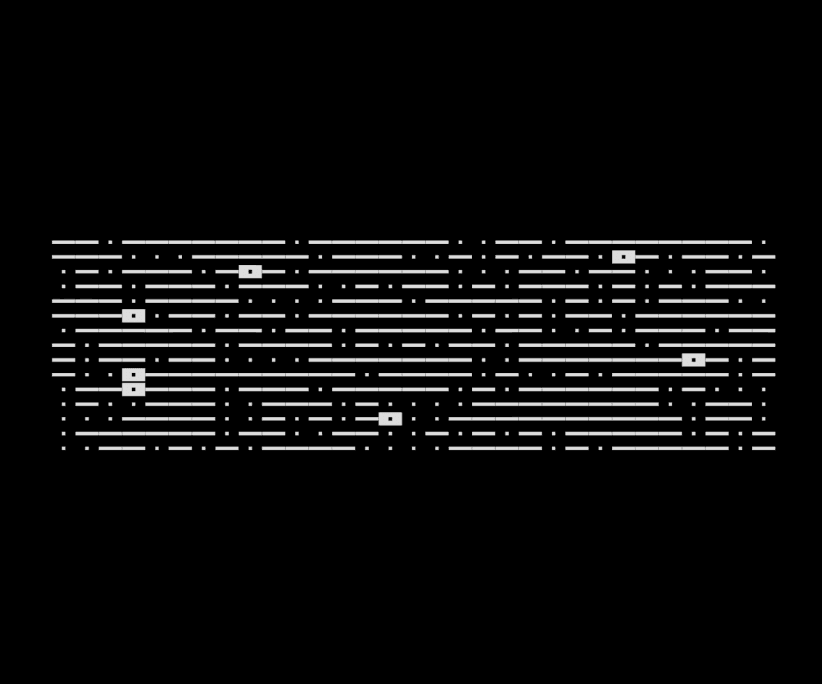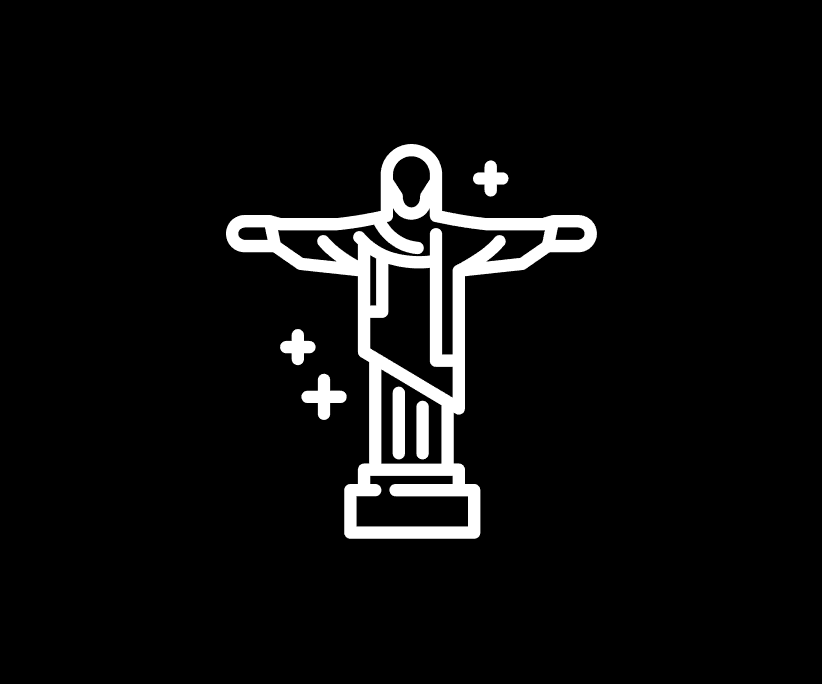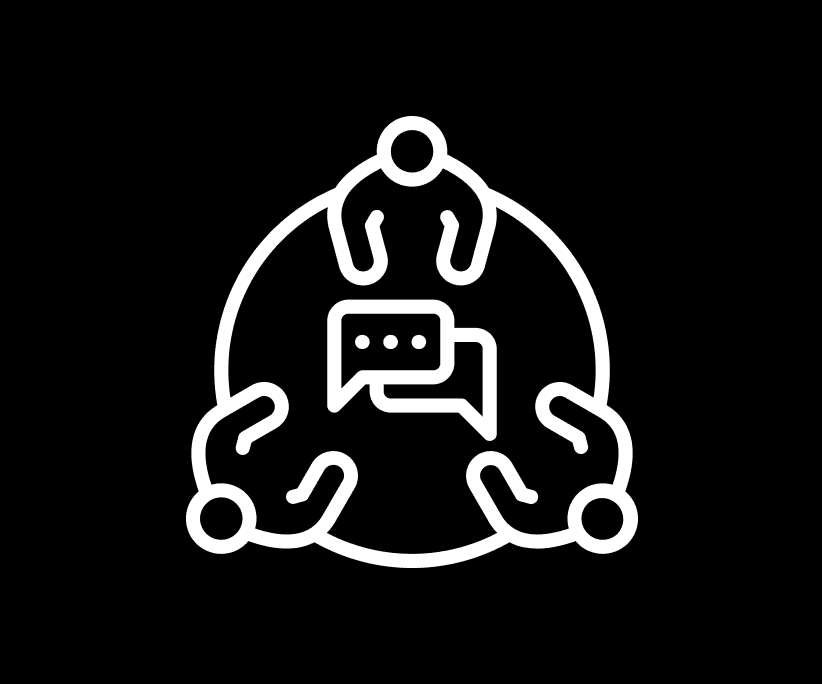Using AI in Arbitration: SCC Guidelines Explained
Author: Amirhossein Amini
The SCC Guidelines on AI Use in Arbitration represent a significant step towards establishing a responsible framework for integrating AI into arbitration proceedings, addressing both the opportunities and challenges that arise from this technological development. These guidelines align with the principles stated in the SCC Guide, emphasizing flexibility, confidentiality, and maintaining human oversight to ensure fairness and efficiency. On 16 October 2024, the SCC Board adopted these guidelines to propose key measures for responsible AI use in arbitration, particularly in the absence of specific regulations governing this area.
Background on SCC
The Stockholm Chamber of Commerce's Arbitration Institute (SCC) has played a crucial role in providing dispute resolution services to both the Swedish and international business communities since 1917. Recognized as a neutral center for resolving East-West trade disputes by both the United States and the Soviet Union in the 1970s, the SCC has since evolved into one of the most prominent and frequently used arbitration institutions globally.
The increasing reliance on AI, especially after recent advancements in the field, led the SCC to issue these guidelines. They aim to offer insights and measures for using AI responsibly within arbitration, aligning with the SCC's longstanding commitment to fairness and efficiency in dispute resolution.
Definition of AI According to the SCC
In its introductory remarks, the SCC uses the definition of AI provided in the European Union’s AI Act (Regulation 2024/1689), which came into force on 1 August 2024. According to the Act, an “artificial intelligence system” is described as a machine-based system that operates with varying degrees of autonomy, potentially adapting its behavior post-deployment. These systems can generate outputs, such as predictions or recommendations, which influence both physical and virtual environments.
The SCC recognizes that AI is a rapidly evolving field, and while it lacks a universally agreed-upon definition, its current applications in arbitration are already vast and diverse. These include legal research, concept searching, editing and proofreading, translations, transcriptions, generating briefing notes, drafting communications and submissions, document management, reviewing evidence, drafting cross-examination questions, arbitrator appointments, and case-value analysis. The SCC emphasizes that while this list is not exhaustive, it highlights the significant potential of AI to reduce costs and improve efficiency in arbitration proceedings.
SCC’s Key Measures for Responsible AI Use
The SCC Guidelines propose four essential measures to ensure the responsible use of AI in arbitration. These measures are categorized into protection-oriented elements—focusing on safeguarding individuals' rights—and process-oriented elements—ensuring proper conduct during arbitration proceedings.
I. Protection-Oriented Elements
Confidentiality: The SCC underscores the importance of confidentiality in arbitration, one of its core principles. The use of AI poses risks to maintaining this confidentiality, as AI systems may inadvertently expose sensitive data. The guidelines strongly encourage participants, particularly arbitral tribunals, to thoroughly understand and assess how AI tools process, store, and deploy data input to mitigate these risks. This aligns with Article 4 of the EU AI Act, which mandates that AI deployers ensure their staff possesses the necessary knowledge and skills to use AI responsibly. Additionally, the SCC emphasizes that AI tools should never replace human decision-making, particularly when rendering arbitral awards, further reinforcing the human oversight required in arbitration.
Non-delegation of the Decision-Making Mandate: The core principle acts as a protective barrier against over-reliance on AI, safeguarding the fundamental human element in arbitral decision-making. The SCC emphasizes the importance of preserving human judgment by preventing the improper transfer of decision-making authority to AI systems. While AI tools may assist in the arbitration process, they cannot replace the Arbitral Tribunals in either decision-making or the reasoning behind those decisions. This ensures that the essential human role in resolving disputes remains intact, a key element the SCC is committed to upholding.
This measure from the SCC aligns with what Maxi Scherer (WilmerHale & Queen Mary University of London) highlighted in his article on the Kluwer Arbitration Blog. Scherer emphasizes that the activities of arbitrators could be classified as "high-risk." According to Annex III, Art. 8(a) of the EU AI Act, “AI systems intended to be used by a judicial authority or on their behalf to assist in researching and interpreting facts and the law or applying the law to a concrete set of facts or used similarly in alternative dispute resolution” are considered high-risk AI systems. The inclusion of "alternative dispute resolution" likely extends to international arbitration. Recital 61 further confirms that AI systems used by alternative dispute resolution bodies for the purposes of justice and democratic processes should be classified as high-risk when their outcomes have legal effects for the parties involved.
Furthermore, it is important to note that the AI Act also seeks to limit the use of AI in judicial procedures. Article 5 of the AI Act, which addresses Prohibited AI Practices, explicitly forbids the use of AI systems for risk assessments of individuals—such as predicting the likelihood of criminal offenses—if based solely on profiling or assessing personality traits. However, this prohibition does not apply to AI systems that support human assessment based on objective and verifiable facts directly linked to a criminal activity.
II. Process-Oriented Elements
Integrity: The integrity of arbitration, according to the SCC, is essential to its continued success. Procedural fairness and transparency are critical, and the use of AI should not undermine these principles. The guidelines recommend that arbitral tribunals disclose any use of AI in researching facts, interpreting the law, or applying it to specific cases. Such disclosure serves to maintain trust between parties, ensures that AI use does not exceed the tribunal's mandate, and safeguards the parties' right to be heard—a cornerstone of arbitration integrity. By focusing on transparency, the SCC aims to uphold the procedural integrity that is fundamental to arbitration.
Quality: The SCC emphasizes the need to maintain high standards in arbitration, particularly in terms of decision-making quality. AI systems, while valuable, may introduce biases or produce incorrect information. To mitigate this risk, the SCC recommends that AI tools used in arbitration be equipped with advanced mechanisms to detect and mark AI-generated or manipulated content, including watermarking techniques and verification algorithms. Moreover, human oversight remains paramount, with arbitral tribunals expected to rigorously review AI outputs before relying on them. This requirement for verification aligns with the obligations outlined in Article 17 of the EU AI Act, which mandates that providers of high-risk AI systems ensure a robust quality management system.
Note on Flexibility and Future Adaptation
While the SCC has set out these guidelines, it acknowledges the rapid pace of technological and regulatory developments. As such, the SCC reserves the possibility to update these measures in response to future advancements in AI and legal frameworks. This ensures that the guidelines remain adaptable and relevant in a constantly evolving landscape.
Conclusion
The SCC Guidelines on AI Use in Arbitration reflect a thoughtful approach to balancing the benefits of AI with the need for caution and oversight. By focusing on both protection-oriented and process-oriented measures, the SCC aims to safeguard the integrity of arbitration while embracing the efficiency and innovation that AI offers. As AI continues to develop, the SCC’s commitment to flexibility ensures that its guidelines will evolve alongside the technology, maintaining high standards in international arbitration.





